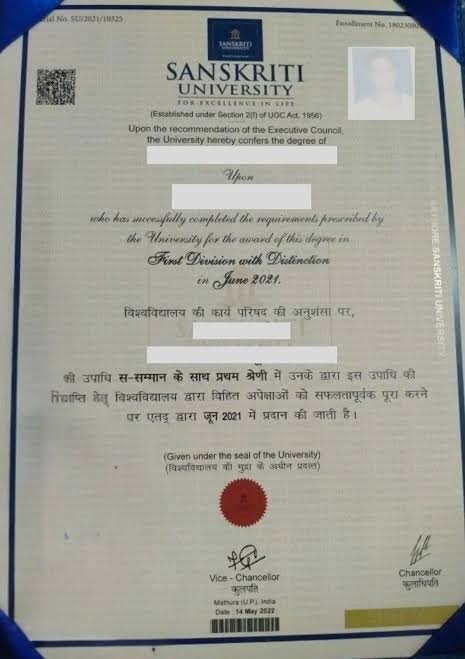Who should enroll in B.Sc (MLT) SANSKRITI UNIVERSITY?
Why Should You Learn This course?
-
High in Demand
Open Source Technology -
Easier entry to market
Huge device market share -
The Huge App Market
Numerous & Variety of Job Opportunities
Hiring Company




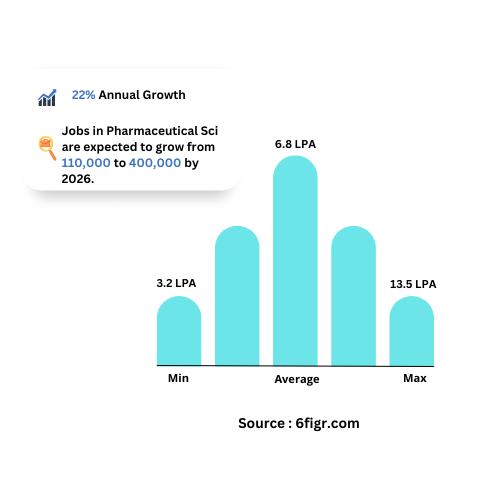
What you will learn
Human Anatomy & Physiology – Understand the structure and functions of the human body.
-
Clinical Biochemistry – Learn about biochemical analysis of body fluids for disease diagnosis.
-
Hematology & Blood Banking – Study blood-related diseases, blood typing, and transfusion techniques.
-
Microbiology & Immunology – Gain knowledge of bacteria, viruses, fungi, and immune system responses.
-
Pathology & Histopathology – Learn about tissue analysis, disease pathology, and cancer detection.
-
Molecular Diagnostics & Genetics – Understand DNA/RNA analysis, PCR techniques, and genetic disorders.
-
Medical Instrumentation & Laboratory Techniques – Learn to operate and maintain diagnostic lab equipment.
-
Quality Control & Laboratory Management – Study lab safety, quality assurance, and regulatory compliance.
-
Clinical Toxicology & Forensic Science – Explore the analysis of toxins, poisons, and forensic investigations.
-
Virology & Serology – Understand virus testing, immune responses, and vaccine development.
-
Hospital & Healthcare Management – Learn about medical ethics, patient safety, and healthcare policies.
-
Internships & Practical Training – Get hands-on experience in hospitals, pathology labs, and research centers.
Technologies you'll Master

Project
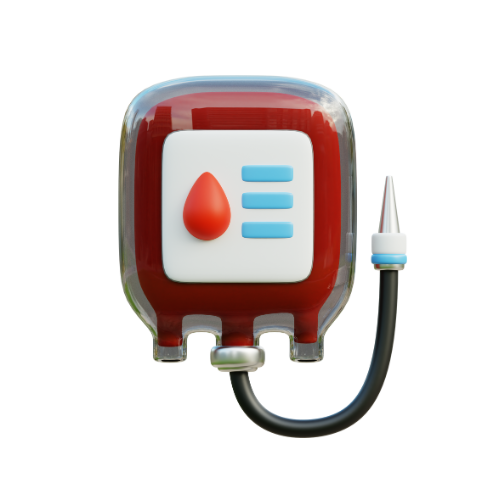
Basic yet essential diagnostic procedure used in blood typing.
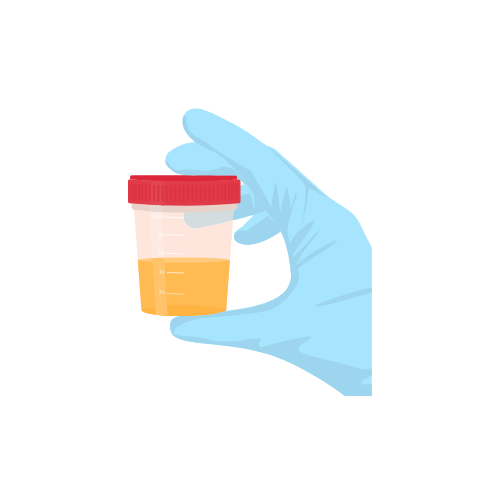
Microscopic and biochemical examination to detect infections or metabolic issues.
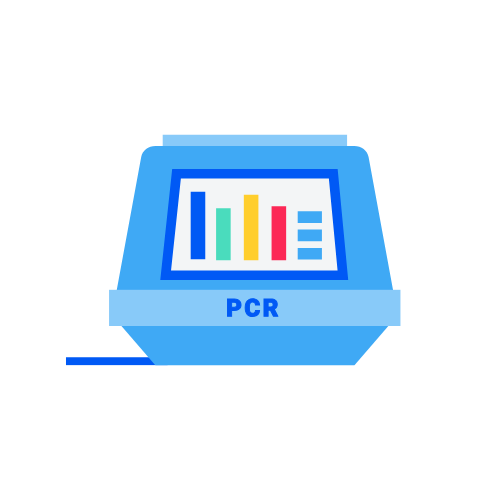
Using Polymerase Chain Reaction for early diagnosis of hereditary diseases.
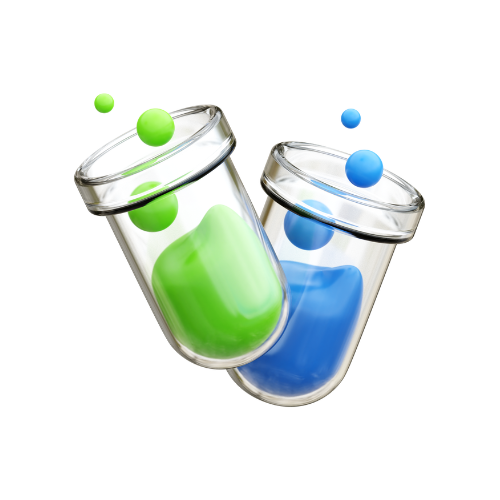
Identify the most effective antibiotics against common bacterial strains.

Study the variation of glucose levels across different age groups and diets.

Isolate and analyze microbes from clinical samples using standard techniques.
Program outcomes
- Clinical Accuracy.
- Research Capability.
- Technical Proficiency.
- Practical Application.
- Problem-Solving Abilities.







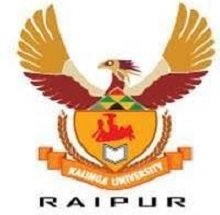









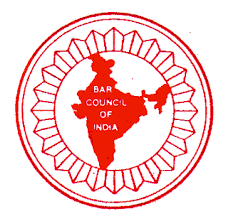
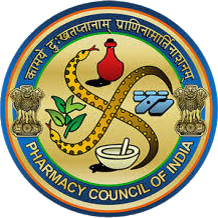
 Info
Info 0 Topic
0 Topic